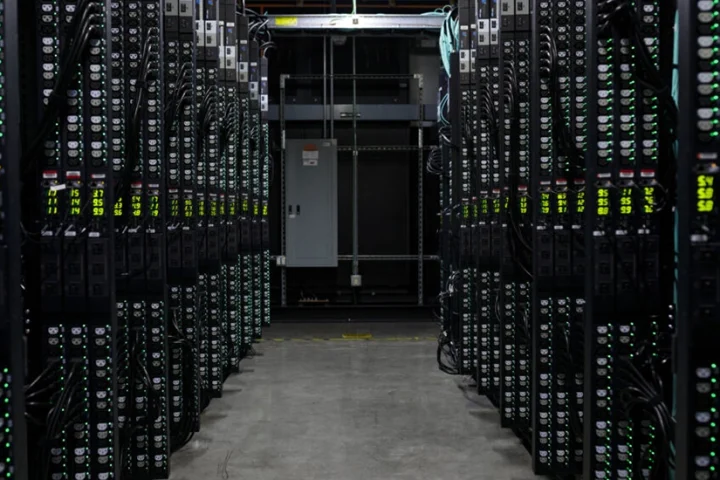Sophos has released a new dark web report titled “Turning the Screws: The Pressure Tactics of Ransomware Gangs.” The report reveals how cybercriminals are using stolen data to intensify pressure on targets who refuse to pay. Tactics include exposing the contact details or doxing the family members of CEOs and business owners, and threatening to report any illicit activities found in the stolen data to the authorities.
In the report, Sophos X-Ops shares posts found on the dark web that show how ransomware gangs refer to their targets as “irresponsible and negligent,” and in some cases, encourage individual victims whose personal information was stolen to pursue litigation against their employer.
“In December 2023, in the wake of the MGM casino breach, Sophos began taking note of ransomware gangs’ propensity to turn the media into a tool they can use to not only increase pressure on their victims but take control of the narrative and shift the blame. We are also seeing gangs singling out the business leaders they deem ‘responsible’ for the ransomware attack at the companies they target. In one post we found, the attackers published a photo of a business owner with devil horns, along with their social security number” said Christopher Budd, director, threat research, Sophos.
Sophos X-Ops also found multiple posts by ransomware attackers detailing their plans to search for information within stolen data that could be used as leverage if companies don’t pay. For example, in one post, the WereWolves ransomware actor notes that any stolen data is subject to “a criminal legal assessment, a commercial assessment and an assessment in terms of insider information for competitors.” In another example, the ransomware group Monti noted that it found an employee at a targeted company searching for child sexual abuse material and threatened to go to the police with the information if the company didn’t pay the ransom.
These posts align with a broader trend of criminals seeking to extort companies with increasingly sensitive data relating to employees, clients or patients, including mental health records, the medical records of children, “information about patients’ sexual problems” and “images of nude patients.” In one ransomware case, the Qiulong ransomware group posted the personal data of a CEO’s daughter, as well as a link to her Instagram profile.





















